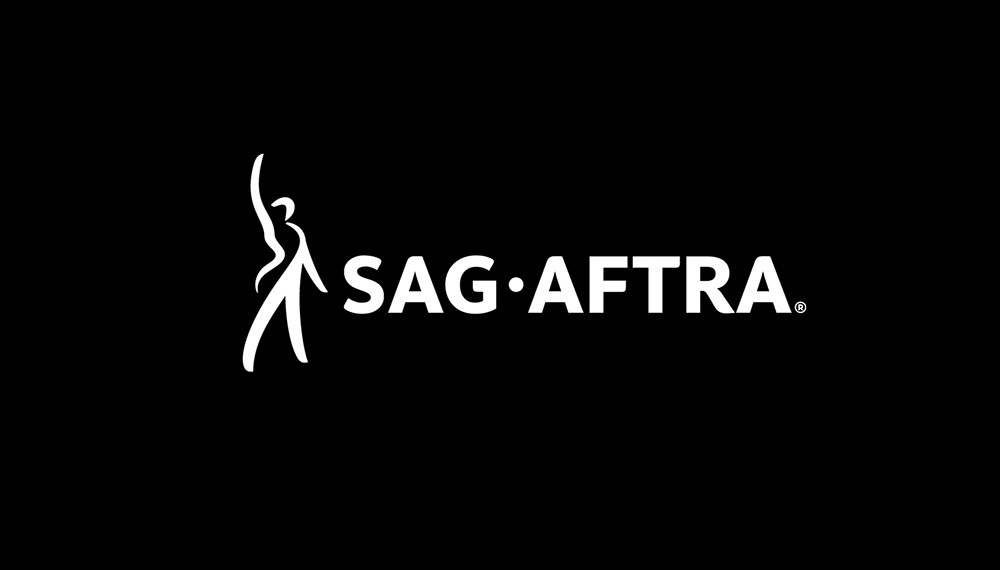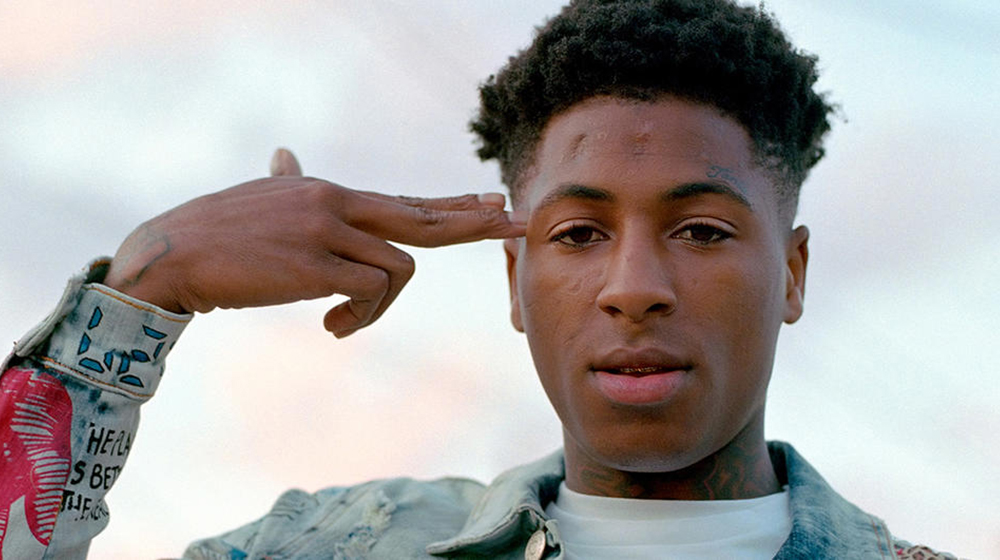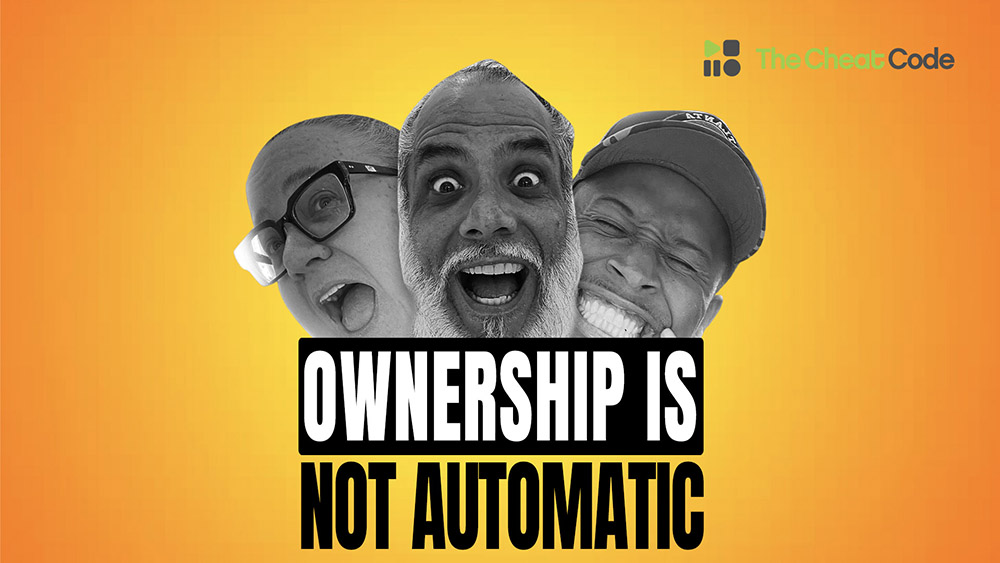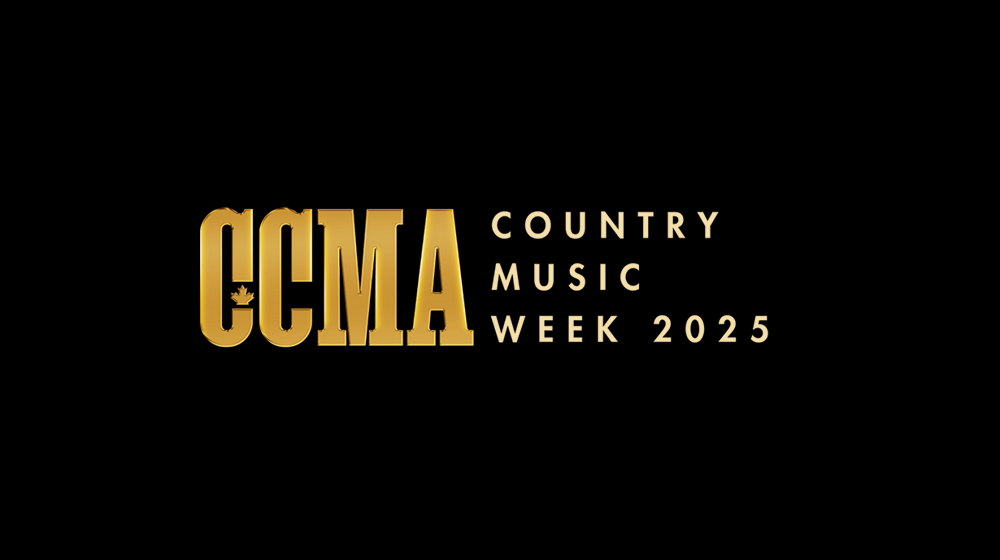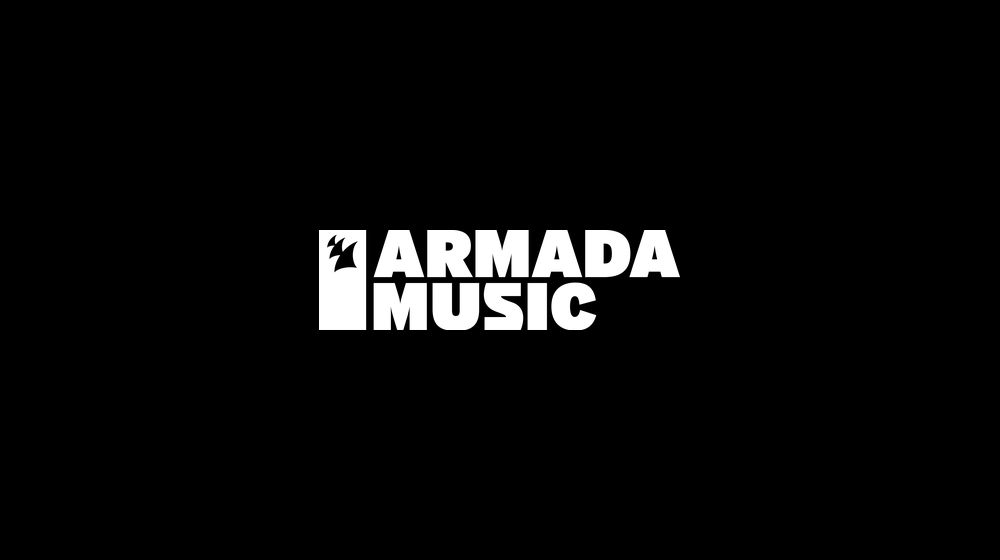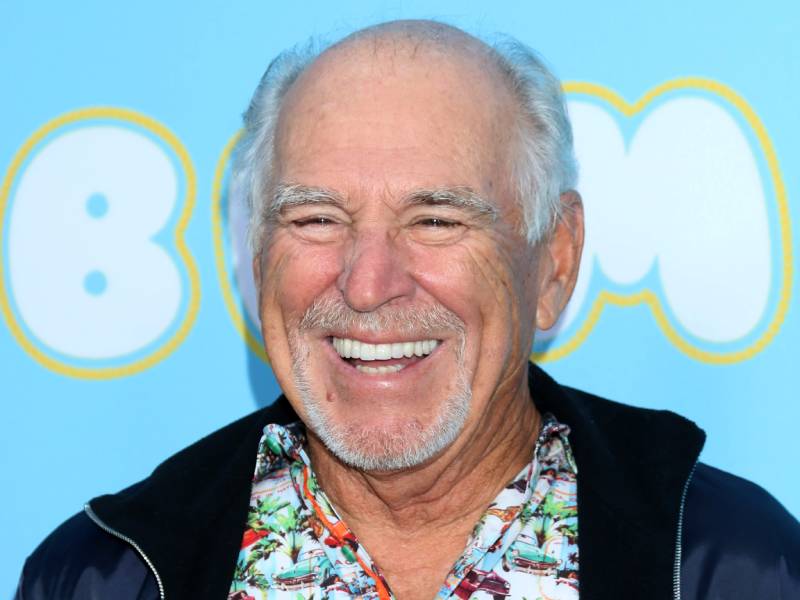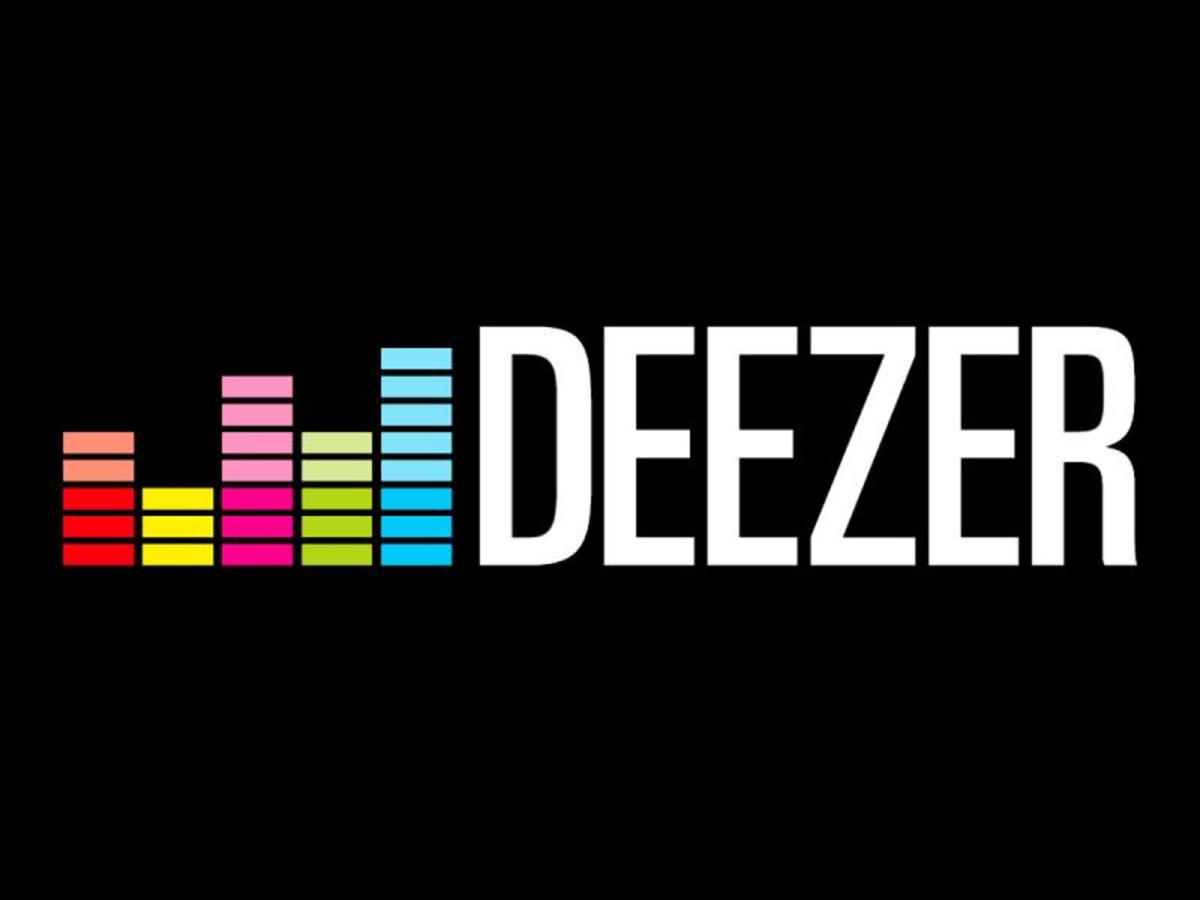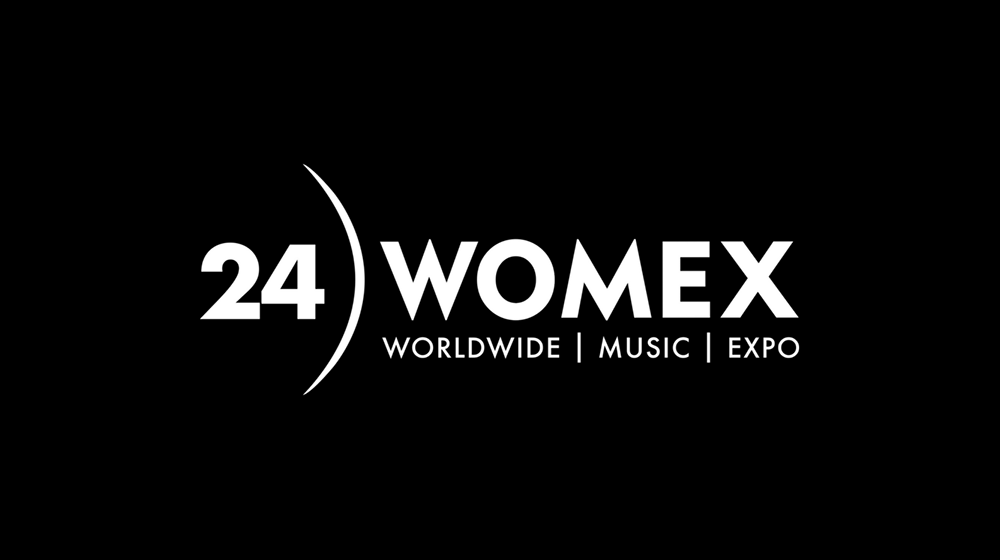
JANUARY
Eric Nicoli fires Alain Levy and David Munns. Desperately trying to save his own job, the biscuit king axes the architects of PolyGram’s
success. A company that was stolen from under Levy and company by Universal when the Frenchman spent too much time and money trying to enter
the movie business, where any savvy soul knows it’s primarily about library and distribution, which PolyGram didn’t have. Although Levy and
Munns preached revolution, one would be hard pressed to call their management style evolution. Venerable label Capitol Records is shut down.
A fitting end cap to the closure of Tower Records as the sun set on 2006.
MAY
 Apple launches iTunes Plus. Which has no economic
Apple launches iTunes Plus. Which has no economic
impact, since sale by track is not the future. Anyone clamoring for DRM free tracks is stealing them anyway. But what is important here is
EMI’s willingness to move. Sensing disaster ahead, Nicoli tries to pull a rabbit from the hat, tries to move the company forward. Although
more drastic measures are necessary, this is a signal moment in the history of the music business. Suddenly, the labels are playing offense.
Sick of being beaten up and seeing their revenue erode, they’re willing to enter the twenty first century, to try something. Universal gets
all the credit, with its bullying of iTunes/Apple/Steve Jobs, but it was Nicoli who took action. Not that it was enough to save his
job.
JULY
 Prince gives away his album with the "Daily Mail".
Prince gives away his album with the "Daily Mail".
Retailers cry foul. Only one problem, no one’s on the retailer’s side anymore, nobody cares. It’s a big box world, only the heartiest of
indies is surviving, and they’re a major label afterthought anyway. As for the consumer, he can suddenly find all those wares no stores stock
online, whether it be for free via P2P or pay via iTunes. He’s not complaining. He’s happier than a pig in shit. He can take his now giant
collection wherever he wants via iPod.
Prince makes more money than he would have retailing his CD. It’s great fanfare for his month long stint at the O2 Arena. The only ones
pissed are the old guard. The aforementioned vocal retailers, and the labels…especially Sony, which thought it had a deal for the U.K. with
the diminutive superstar. The old guard says music is being devalued, but with more music in the hands of more people for less money and the
artist richer and happier, where’s the problem?
SEPTEMBER
 Rick Rubin is profiled in the "New York Times". Those
Rick Rubin is profiled in the "New York Times". Those
in the know wonder if the "Times" is relevant when it comes to the music business, especially since it quotes the now out of the industry
David Geffen. Although desiring to appear forward-thinking, Rubin is mocked for his focus on the label’s building, as if it’s still the
seventies. But Rubin does put the word "subscription" on the lips of every old wave player in the business. As if Napster wasn’t failing in
front of everybody and Rhapsody’s footprint wasn’t tiny. But, suddenly, the oldsters are waking up, thinking something’s got to
change.
SEPTEMBER
 Britney Spears is a laughingstock on the MTV Video
Britney Spears is a laughingstock on the MTV Video
Music Awards. MTV cites a ratings increase, the show is pummeled all over the Web, which now functions as the public square MTV tells Madison
Avenue it is. This is the nail in MTV’s coffin, even though the station doesn’t realize it. You know you’re in shit shape when Justin
Timberlake complains that you don’t air enough videos, because when he broke through with ‘N Sync you already showed very few clips. His
complaint is equivalent to drivers bitching about the phasing out of vent windows. They’re never coming back and neither are videos on
MTV.
SEPTEMBER
 Amazon launches its music store. Universal
Amazon launches its music store. Universal
believes it’s fucking with Apple, but the only relevance of the launch is the hastening of the demise of DRM.
OCTOBER
 Radiohead distributes its album direct to
Radiohead distributes its album direct to
fans, at a price they determine, even zero. Suddenly, a tidal wave erupts. Jamiroquai and Oasis, also out of their deals, are said to be
following suit. The Charlatans just give away their album completely. In nine months, music has gone from something you pay for, at CD
prices, whether it be for the complete album or tracks at the aliquot price, to free. The major labels are to blame, for sticking to the old
model rather than monetizing the new, but it seems too late now. Acts want to do it for themselves. We may not know for months how successful
this Radiohead model is. One doubts the band will release sales figures. But, the acts won’t go back to the majors unless they get much
better deals and transparent accounting. For even if the album is free, they can make a fortune on touring and merchandise. The album is the
loss leader.
OCTOBER
 The Eagles release their album via Wal-Mart. You get
The Eagles release their album via Wal-Mart. You get
the saturation advertising of the majors without a major involved. Whether or not tracks ever become hits on the radio, the band will profit
handsomely, since Wal-Mart has made a guaranteed purchase, using the band as a way to get people into their stores to buy more merchandise
with higher margins. Suddenly, the major labels don’t look like they’re in control anymore.
THE FUTURE
 Rapid change. More has happened in the landscape
Rapid change. More has happened in the landscape
of online music/distribution in the past ten months than in the previous seven years. Tower Records has closed, CD sales have tanked, iPod
penetration only increases, the majors can keep their heads in the sand no longer.
The Minnesota courtroom victory is the last hurrah of a failed strategy. Lawsuits might not be abandoned, but they will be back-burnered. The
majors have to figure out a way to get people to pay for music. And the only way to do this is to create an attractive value proposition.
Don’t be surprised if in the next twelve months some form of P2P is licensed. More probable is an expansion of the eMusic model, wherein for
a low price you get a bushel of unprotected MP3s.
Who blinks first?
Certainly not Universal. Doug doesn’t do anything without a check. Hell, this is the guy who held up Microsoft for a piece of the Zune! If
you follow him, you’re in trouble.
Warner’s Bronfman pleads a digital strategy but insists on higher per track prices and DRM, both anathema to an increase in online revenue/a
solution. Will he wake up? Or will he focus on taking Warner private again, with the stock price so low.
Sony BMG. Sony’s a wreck and BMG’s purely old school. It’s not clear who could put forth change even if it was desired.
EMI? The smallest company, with the worst assets, EMI must change, or merge, or die. Merger is going to be tough, certainly without more
major label decline. IMPALA alone will make approval difficult. Nothing inspires change more than imminent death. New ideas will come from
EMI, if at all.
But suddenly, all the movement is coming from acts. The acts are all making their money on the road, which the majors have no control
over/interest in. This road revenue allows them the ability to experiment.
The acts are leading. Look to them for new ideas. They might not all be right, but after Prince, Radiohead and the Eagles, no one’s afraid to
take the leap anymore. Just today Trent Reznor went on his own.
The acts will give their music away for free in order to generate ticket sales. This leaves the majors out, unless they find a way to
monetize music. The old way obviously doesn’t work, otherwise all the acts wouldn’t be deserting them.
We’ve finally got a game here. Frustration is dissipating, action is beginning. A new landscape will emerge. Probably run by new players.
King will be the Web filters, in bed with the acts. The majors may just end up as licensing houses. Unless they’re willing to give up their
old model to get into the new world.



















